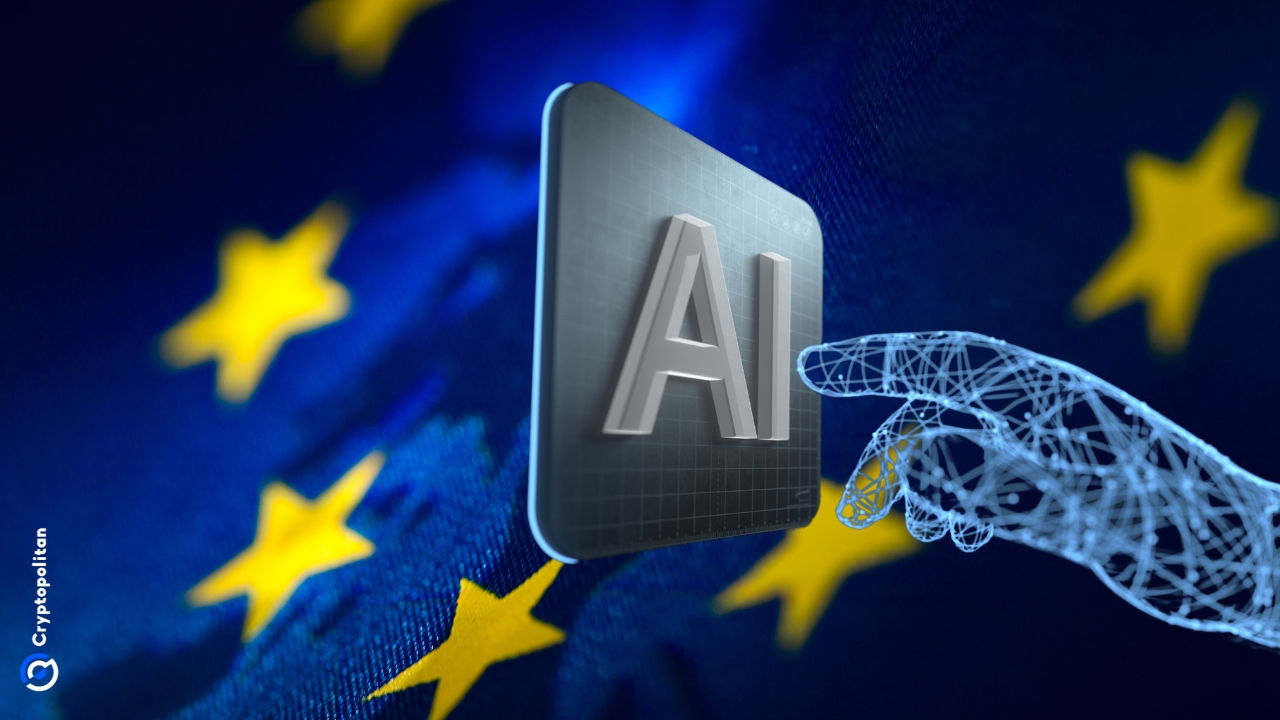In a recent interview with London’s Sunday Times, IBM’s CEO, Arvind Krishna, emphasized the importance of developing critical thinking skills as the key to future-proofing one’s career in an increasingly AI-driven world. Krishna’s insights shed light on the evolving landscape of employment and the potential impact of artificial intelligence on various industries.
Krishna’s advice to individuals seeking career longevity in the age of AI centers on the cultivation of critical thinking skills. He asserts that subjects like psychology, engineering, and history play a pivotal role in helping individuals adapt to changing and unpredictable circumstances. These disciplines, he argues, equip individuals with the ability to navigate complex challenges, fostering resilience in a rapidly evolving job market.
AI’s impact on the workforce
Contrary to the widespread fear that AI will displace a significant portion of the workforce, Krishna offers a more optimistic perspective. He predicts that only 6% of the working population is at risk of job displacement due to AI. This relatively low percentage, according to Krishna, underscores the potential for retraining and upskilling in response to changing employment demands.
Krishna further challenges the notion that retraining this 6% is an insurmountable task. He advocates for a shift in focus towards professions such as healthcare, elderly care, education, IT, and cybersecurity, where there is a growing demand for skilled workers. This demand, he asserts, far surpasses the potential job losses caused by AI automation.
IBM’s response to AI advancements
IBM, a leader in AI technology, has not remained idle in the face of AI advancements. Earlier this year, the company made headlines by temporarily halting the hiring of 7,800 employees in roles that could be replaced by AI. These roles predominantly existed within non-customer-facing departments, including human resources. While current staff will not face termination, Krishna anticipates that up to 30% of these positions will be automated within the next five years.
The implications of AI on the job market remain a topic of debate. Some analysts, like those at Goldman Sachs, have warned of potential disruption, with AI potentially impacting 300 million full-time jobs globally. However, others view AI as a catalyst for innovation that will ultimately generate more employment opportunities. Goldman Sachs even posited that AI could boost global GDP by 7% over a decade.
Krishna’s stance on AI job displacement aside, he acknowledges legitimate concerns regarding AI’s broader implications. He identifies national security and misinformation as two significant threats associated with AI technology. The misuse of AI for acts of terrorism, infrastructure attacks, and cyberattacks presents real and pressing dangers. Additionally, misinformation campaigns leveraging AI have the potential to undermine democratic processes, a concern shared by many experts.
In response to these concerns, IBM is taking proactive steps to address the challenges posed by AI. The company is sending a delegation to the world’s first AI Safety Summit, set to be held near London at Bletchley Park. The summit’s primary focus is on finding ways to mitigate the risks associated with AI through international cooperation





